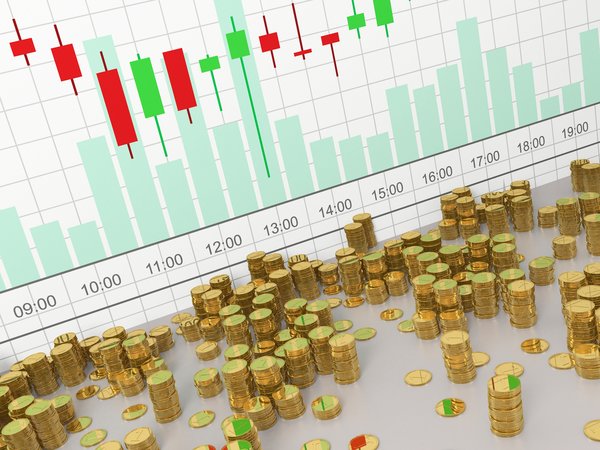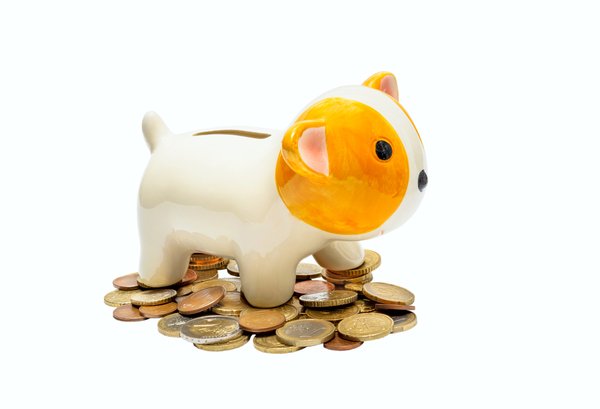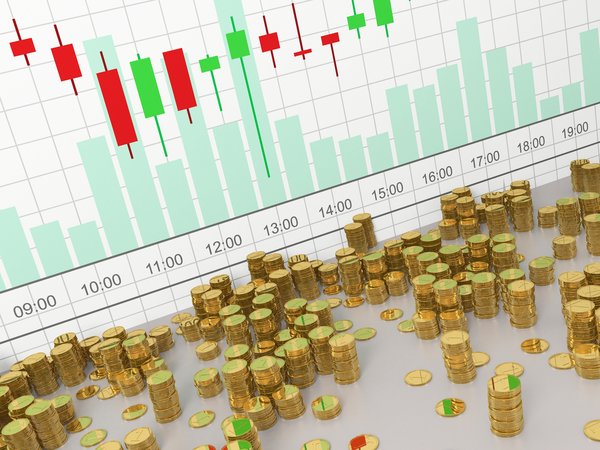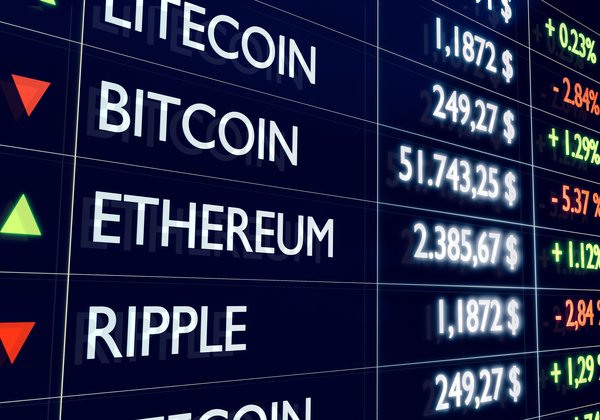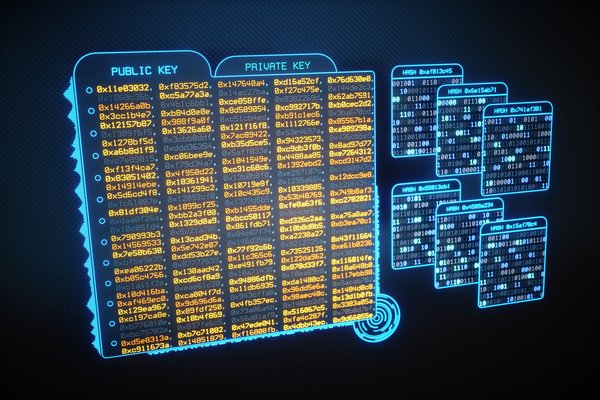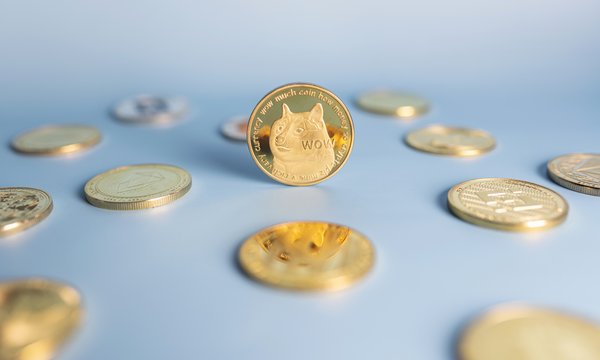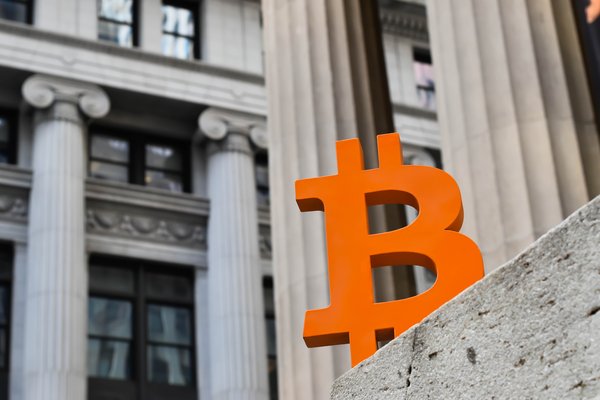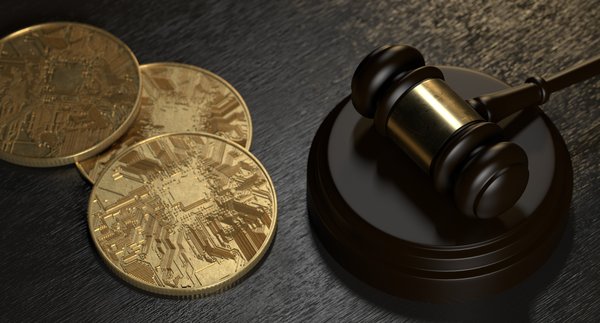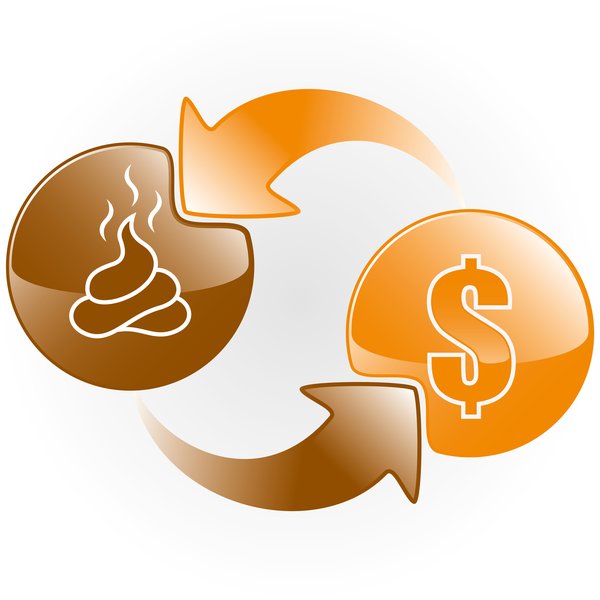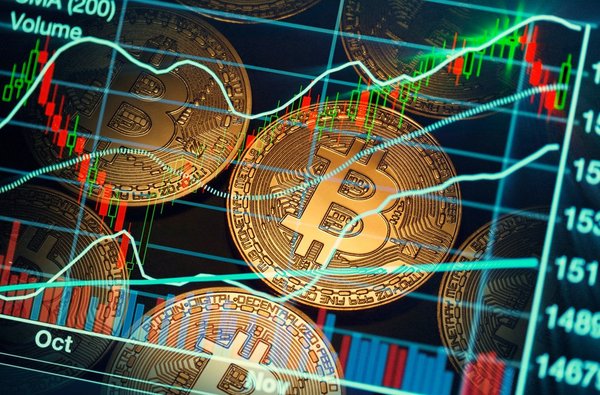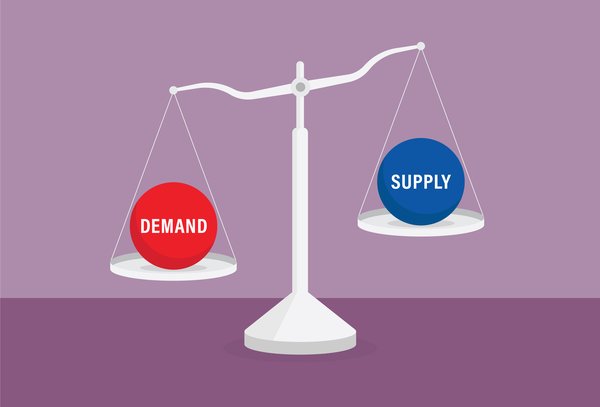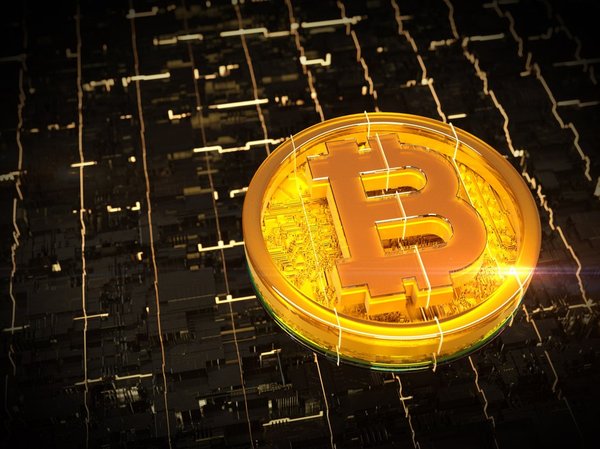Like fiat currencies, many cryptocurrencies can be broken down into smaller units. Ethereum (CRYPTO:ETH) has multiple denominations of its Ether cryptocurrency, but the most important is gwei because it's used for denoting the network's gas (transaction) fees. Since there are so many projects built on Ethereum, it's a good idea to have some knowledge of gwei in case you need to pay any fees in it.

What is gwei?
Gwei is a denomination worth one-billionth of an Ether, the native cryptocurrency for the Ethereum blockchain. The name is short for gigawei, a combination of the word "giga" and Wei, which is the smallest Ether denomination. There are 1 billion Wei in one gwei.
Where gwei came from
Gwei is a currency unit used on Ethereum, a blockchain platform created by programmer Vitalik Buterin with co-founders Gavin Wood, Charles Hoskinson, Anthony Di Iorio, and Joseph Lubin. Buterin came up with the idea for Ethereum in 2013, development started in 2014, and Ethereum launched on July 30, 2015.
The Ethereum team decided to use the name Wei for the smallest unit of an Ether as a nod to Wei Dai, a computer scientist who has made significant contributions to the fields of cryptography and cryptocurrency. Variations on the name "Wei" were then established for other units of Ether, including gwei.
How gwei works
Gwei is one of seven units of Ether, which all have their own nicknames based on notable figures. The table below shows every unit, along with its value and nickname:
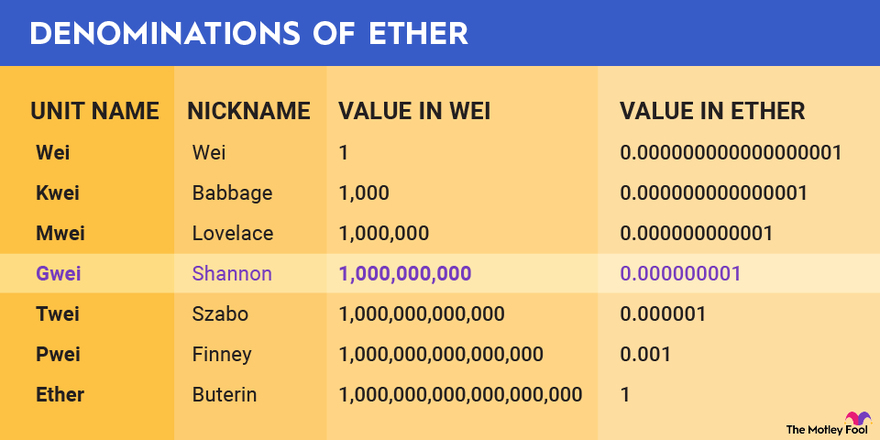
Here's where each of those nicknames comes from:
- Wei is for Wei Dai, who's well-known in the fields of cryptography and cryptocurrency.
- Babbage is for Charles Babbage, who came up with the idea of a digital programmable computer.
- Lovelace is for Ada Lovelace, who worked on Babbage's computer and is considered the first computer programmer.
- Shannon is for Claude Shannon, a cryptographer who is called the father of information theory.
- Szabo is for Nick Szabo, a computer scientist who came up with the idea for smart contracts, which Ethereum uses.
- Finney is for Hal Finney, an early developer of Bitcoin (CRYPTO:BTC) and allegedly the first recipient of a Bitcoin.
- Buterin is for Vitalik Buterin, who published the Ethereum white paper and is one of its co-founders.
All of these units can be used to denote amounts of Ether, which is helpful when dealing with small fractions that would otherwise require a long string of zeros after a decimal point. In practice, gwei gets the most usage because it's the unit for specifying transaction fees.
Related Fintech Topics
How are gwei fees calculated?
Gas fees on Ethereum are the amount required for a successful transaction. They're charged on transactions made with Ether, as well as for crypto tokens and smart contracts on the Ethereum blockchain. Gas fees are paid in Ether and denoted in gwei.
There have been two methods used to calculate gwei fees on Ethereum. The current method was implemented after the network's London Upgrade on Aug. 5, 2021.
With this method, the user chooses a gas limit, which is the maximum amount they're willing to spend on the transaction. The standard gas limit is 21,000 units. The gas limit is multiplied by the sum of the base fee and any tip the user wants to add. The base fee is determined by the block of transactions since each block has its own base fee. The tip is determined by the user.
Let's say the gas limit is the standard 21,000 units, the gas price is 100 gwei, and the user adds a tip of 10 gwei. The fee calculation would be 21,000 multiplied by 110, with a total cost of 2,310,000 gwei.
Gwei is one of the terms you're likely to run into if you use Ethereum. If you're currently thinking of buying Ethereum or checking out other cryptocurrency investments, keep in mind that it's a very high-risk and unstable market. It's highly recommended that you don't invest more than you can afford to lose and that you look at it as a long-term investment, even during periods of volatility.
Gwei FAQs
How many gwei in 1 Ethereum?
There are 1 billion gwei in one Ethereum.
What is the gas price for gwei?
The gas price is the fee required to successfully conduct a transaction on Ethereum. Gas prices are denoted in gwei.
How are gwei fees calculated?
Gwei fees for transactions on Ethereum are calculated using the following formula: gas limit multiplied by the sum of the base fee and the tip. For example, if the gas limit is 21,000, the base fee is 100, and the tip is 10, the calculation would be 21,000 multiplied by 110, for a total of 2,310,000 gwei.













